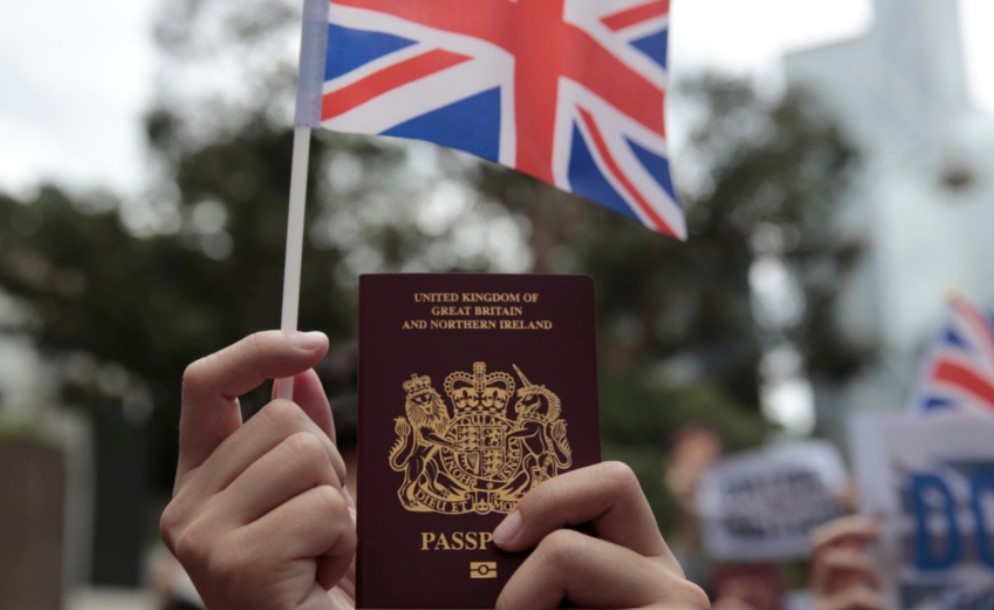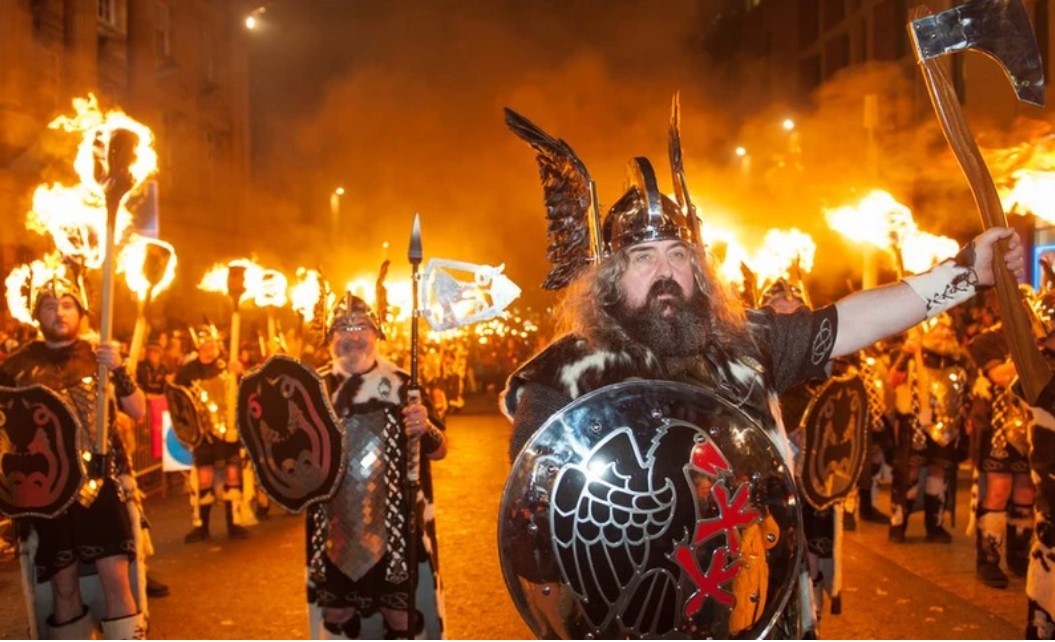Where Is Prostitution Legal In The UK?
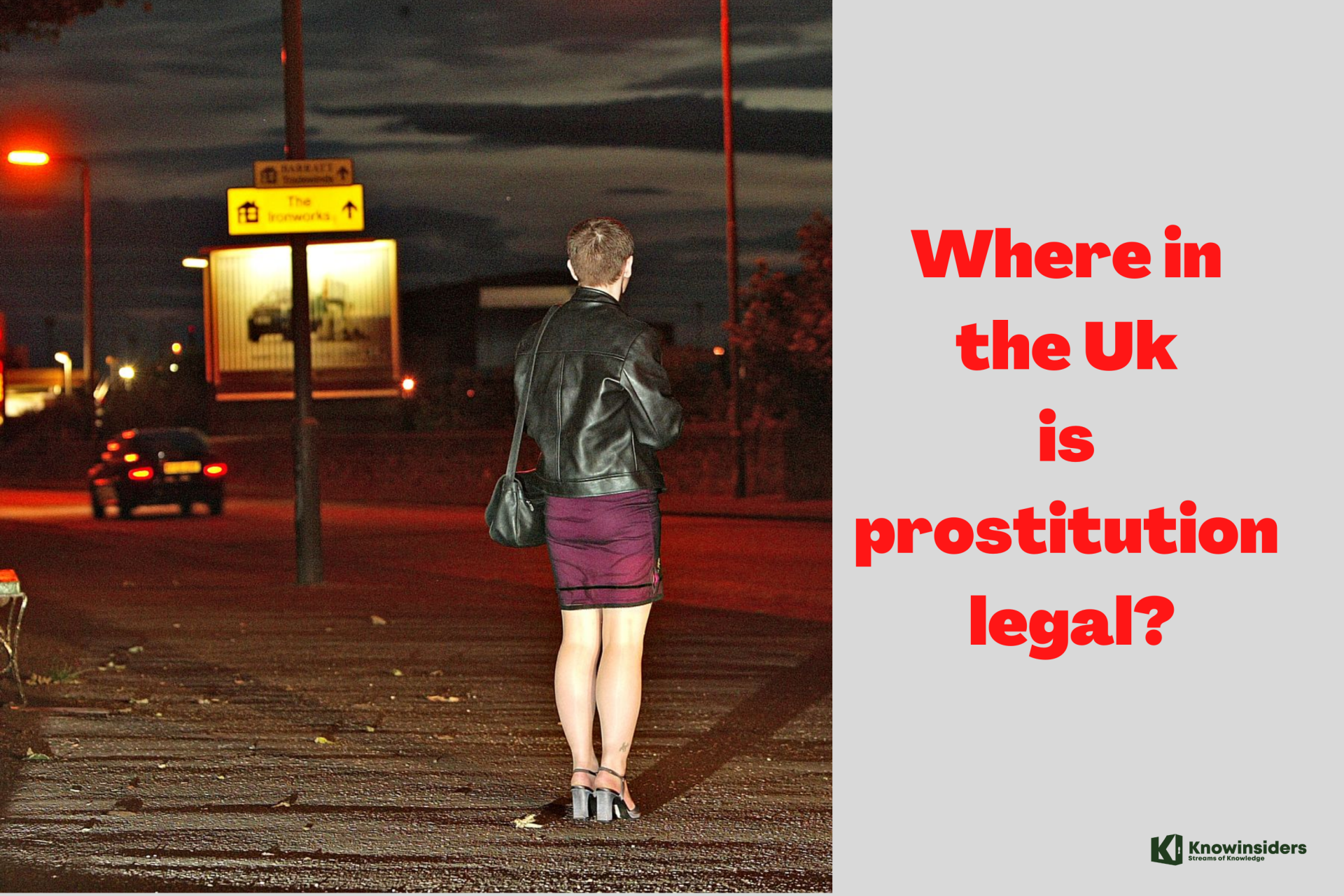 |
| Photo: KnowInsiders |
| Table of Content |
In Great Britain (England, Wales and Scotland), the act of engaging in sex as part of an exchange of sexual services for money is legal, but a number of related activities, including soliciting in a public place, kerb-crawling, owning or managing a brothel, pimping and pandering, are crimes. In Northern Ireland, which previously had similar laws, paying for sex became illegal from 1 June 2015.
Though laws regulating sex work exist, they are not always strictly enforced, with some reports of police forces turning a blind eye to brothels. Many brothels in cities such as Manchester, London and Cardiff operate under the moniker of "massage parlours".
Although the age of consent is 16 throughout the United Kingdom, it is illegal to buy sex from a person under 18 where the perpetrator does not reasonably believe they are 18 or over. In England and Wales, it is an offence to pay for sex with a sex worker who has been "subjected to force", constituting a strict liability offence - wherein the client of a sex worker can be prosecuted for the offence, even in the absence of fault or criminal intent to force a sex worker to provide sexual services for them.
Is prostitution legal in the UK?
Prostitution describes the offering and provision of sexual services for financial gain.
In the UK, with the exception of Northern Ireland (where buying sex is illegal), the law around prostitution is considered a grey area.
Prostitution itself is not illegal but there are a number of offences linked to it. For example, it is an offence to control a prostitute for gain or to keep a brothel.
A history of prostitution in the UK
The current legal framework in the UK does not clearly fall into the categories of legalisation, decriminalisation, or the Nordic model seen in other countries. This is how the legal regime has developed to date:
Early History
Prostitution is regularly referred to as ‘the oldest profession’, based on the suggestion that it meets the natural urges of humans in return for money. It is often claimed to be as old as civilisation itself.
In the Nineteenth Century, the Contagious Diseases Act of 1864 made it the law for women suspected of prostitution to register with the police and submit to an invasive medical examination. The Act was repealed in 1886.
Prostitution law in the UK was then further set out in the Sexual Offences Act 1956, which reflected the findings of the Wolfenden Committee.
The Wolfenden Committee had been set up in response to the increasing visibility of prostitutes in London during the early 1950s, along with an increase in the number of homosexual offences and media scandals being reported in the press at the time.
The Wolfenden Committee treated prostitution and its status in the law as a moral issue and this was reflected in the text of the 1956 Sexual Offences Act. This led to famous debates between Lord Devlin and the philosopher Herbert Hart. Stricter controls of street prostitution were recommended by the report, and these were put into effect in the Street Offences Act of 1959.
The early 2000s
In 2001, the Criminal Justice and Police Act 2001 created an offence to place advertisements relating to prostitution on, or in the immediate vicinity of, a public telephone box.
This provision was thought to become less relevant in time with the emergence of mobile phones and the growth of the internet.
In terms of prostitution policy, the then Labour government said it wanted to reduce prostitution in the UK, but argued that legal controls were too blunt a tool. Instead in 2002, the Government made a total of £850,000 available for groups working in a multi-agency context to implement local strategies for reducing prostitution-related crime and disorder.
In late 2003, the Home Office announced its intention to review the laws on prostitution with the aim of overhauling the dated regulations of the 1956 Act. Subsequent amendments relating to prostitution were made under the Sexual Offences Act 2003 with regard to the following offences; “causing or inciting prostitution for gain”, “controlling prostitution for gain”, “penalties for keeping a brothel used for prostitution” and “extension of gender-specific prostitution offences”.
The murders of five prostitutes in Ipswich in November and December 2006 reignited calls for a new approach to tackling the issue.
In November 2008, the Home Office published the findings of a six-month review into how the demand for prostitution could be reduced. Home Secretary Jacqui Smith, in a foreword to the review, stated: “So far, little attention has been focused on the sex buyer, the person responsible for creating the demand for prostitution markets. And it is time for that to change.”
But Government plans to create a new law under the Policing and Crime Bill, making it an offence to pay for sex with someone who is “controlled by another for gain”, which caused particular controversy. Even if the person paying for sex was unaware that the prostitute was trafficked or controlled by a pimp, they would still be liable for prosecution and if convicted would be given a criminal record and a fine of up to £1,000.
The Bar Council warned that the offence as drafted risked convictions that may be seen as unfair by reasonable people and that such convictions would bring the criminal law into disrepute, particularly given the stigma that would result.
The Policing and Crime Bill, introduced to the Commons in December 2008, created a new offence of paying for sex with someone who is controlled for gain and subjected to force coercion or deception. The Act also introduced new powers to close brothels.
The Policing and Crime Act 2009 also modified the law on soliciting. It created a new offence for a person to persistently loiter in a street or public place so as to solicit another for the purpose of obtaining a sexual service as a prostitute. The reference to a person in a street or public place includes a person in a motor vehicle in a street or public place. This replaced the offences of kerb-crawling and persistent soliciting under sections 1 and 2 of the Sexual Offences Act 1985 with effect from 1 April 2010.
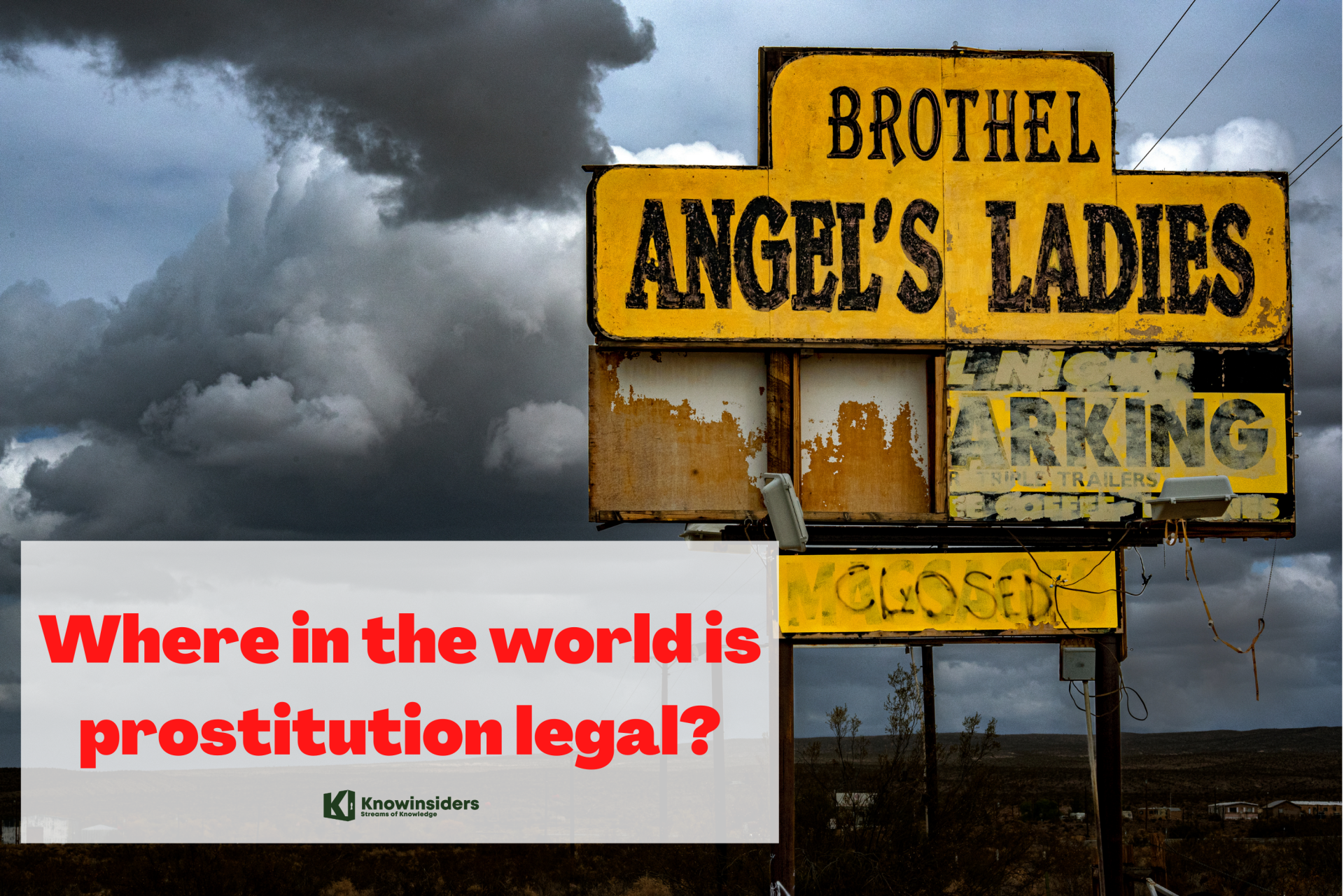 Where Is Prostitution Legal In The World? Where Is Prostitution Legal In The World? Prostitution exists and will continue to exist despite bans and their legal status, due to reasons like poverty or unforeseen situations. |
Since 2010
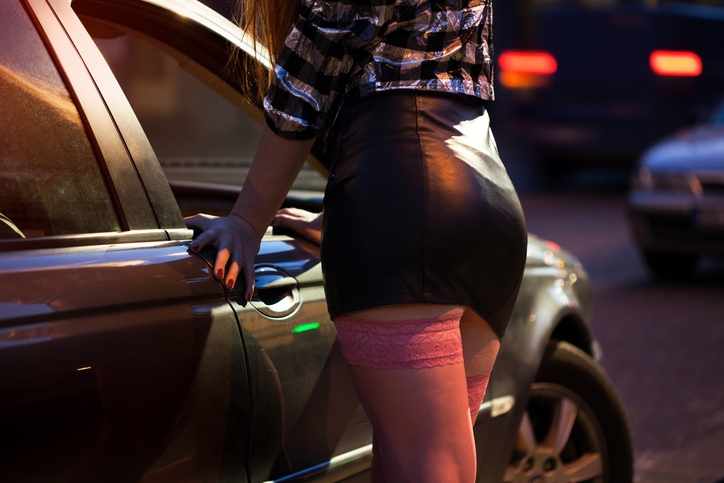 |
| Photo: Politics.co.uk |
The Coalition government was strongly criticised in the Spring of 2010 for declining to support a proposal for an EU directive to prevent and combat trafficking in human beings and to protect the victims who were trafficked for different purposes, including into the sex industry.
The Government did, however, promise to review its decision when the finalised text was agreed and in March 2011, having scrutinised the final text, announced that it would now apply to opt in to the new EU directive (2011/36/EU) on trafficking in human beings.
In December 2011, the Home Office launched a national ‘Ugly Mugs’ pilot scheme to help protect sex workers from violent and abusive individuals. The Home Office provided £108,000 to fund the 12-month pilot which included establishing a national online network to bring together and support locally run ‘Ugly Mug’ schemes.
These local ‘Ugly Mug’, or dodgy punter schemes as they were labelled, have been running for some years and, according to the UK Network of Sex Work Projects, have proved very useful in passing on warnings to sex workers about dangerous people, as well as helping to increase the reporting, detection and conviction of crimes.
In March 2012, the Greater London Authority published a report on the policing of off-street sex work and sex trafficking in London. Entitled ‘Silence on Violence – improving the safety of women’, the report was written by Assembly Member Andrew Boff at the request of the then London Mayor, Boris Johnson.
Mr Boff found evidence that sex workers were reporting fewer crimes to police and that raids had increased in some parts of London. He made a number of recommendations including involving sex workers in police strategies that involve them, and prioritising crime against sex workers by labelling it as a hate crime.
In 2014, the House of Commons All-Party Parliamentary Group on Prostitution and the Global Sex Trade undertook an inquiry into the current legal framework around prostitution in the UK. Their report concluded, “the law is incoherent at best and detrimental at worst. The legal settlement around prostitution sends no clear signals to women who sell sex, men who purchase it, courts and the criminal justice system, the police or local authorities”.
The group recommended the introduction of a ‘sex buyer law’ to shift “the burden of criminality from those who are the most marginalised and vulnerable – to those that create the demand in the first place”.
This report was followed up by a 2016 inquiry by the Commons Home Affairs Select Committee. The inquiry investigated the varying approach of countries that had both legalised prostitution and brought in sex buyer laws. The Committee’s report did not recommend either of the two options and called for more evidence to be made available around this particular debate.
Responding to the Select Committee, the government agreed there was a need for greater evidence and allocated £150,000 to the University of Bristol to lead this research. The then Home Office minister Victoria Atkins stated that the Government’s focus “remains on protecting those selling sex from harm and enabling the police to target those who exploit vulnerable people involved in prostitution”.
What does the law say about prostitution in the UK?
Traditionally the burden of the law has not fallen on those who create the demand for the sex industry. It’s only in recent times we’ve seen this area develop slightly with the introduction of offences of kerb-crawling and paying for the sexual services of a prostitute who has been subject to force.
The offence of controlling prostitution for gain (under the Sexual Offences Act 2003) is one of our most significant laws relating to the sale of sex. This is certainly a law that could be used to prosecute any of those involved in the management of brothels or those organising the sale of sexual services such as for escort agencies. Control doesn’t mean coercing or forcing that person. It is control of the activities. It could be as simple as arranging clients. However, the APPG still feel that the laws in place are not sufficient to deal with the levels of sexual exploitation by criminal gangs. The original issue they were asked to advise on was the prevalence of pop up brothels, where hotels or rental accommodation is being utilised as brothels for short periods of time before the criminal gangs move on meaning their activities are difficult to detect, prevent and prosecute.
Allowing prostitution to be regulated?
One of the complaints made about our current legal regime has been that it pushes the sex industry out of the public gaze, it prevents sex workers from having the safety of working with others and this unregulated industry exists in the shadows, making prostitutes vulnerable and those who are already in a vulnerable position, even more so. Many have felt that reform in this area is long overdue. There is a call by those who do sell sexual services and insist they are not being exploited to allow them to trade safely.
However, if this recommendation of making it illegal to purchase sexual services for money is accepted by the government it would radically alter the position and would bring the sex industry to a virtual end. The logic is that something drastic needs to happen to address human trafficking and what is intended by the parliamentary group is to send a clear message that it is unacceptable to pay for sex.
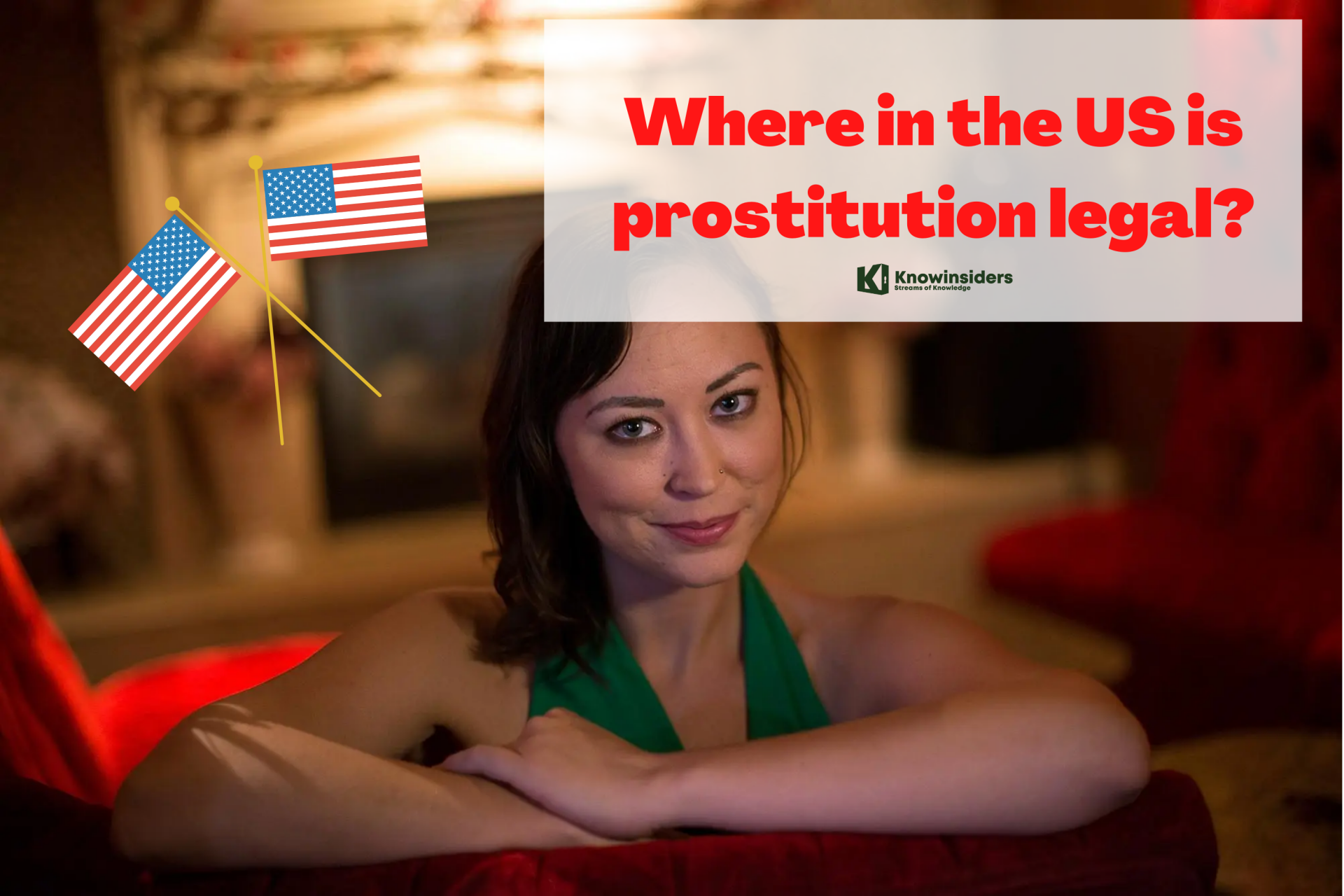 Where Is Prostitution Legal In The US? Where Is Prostitution Legal In The US? Prostitution is illegal in the United States with the exception of 10 Nevada counties. Prostitution is the legal issues that creates an intense debate in ... |
More British people support sex-work law reform than are against it
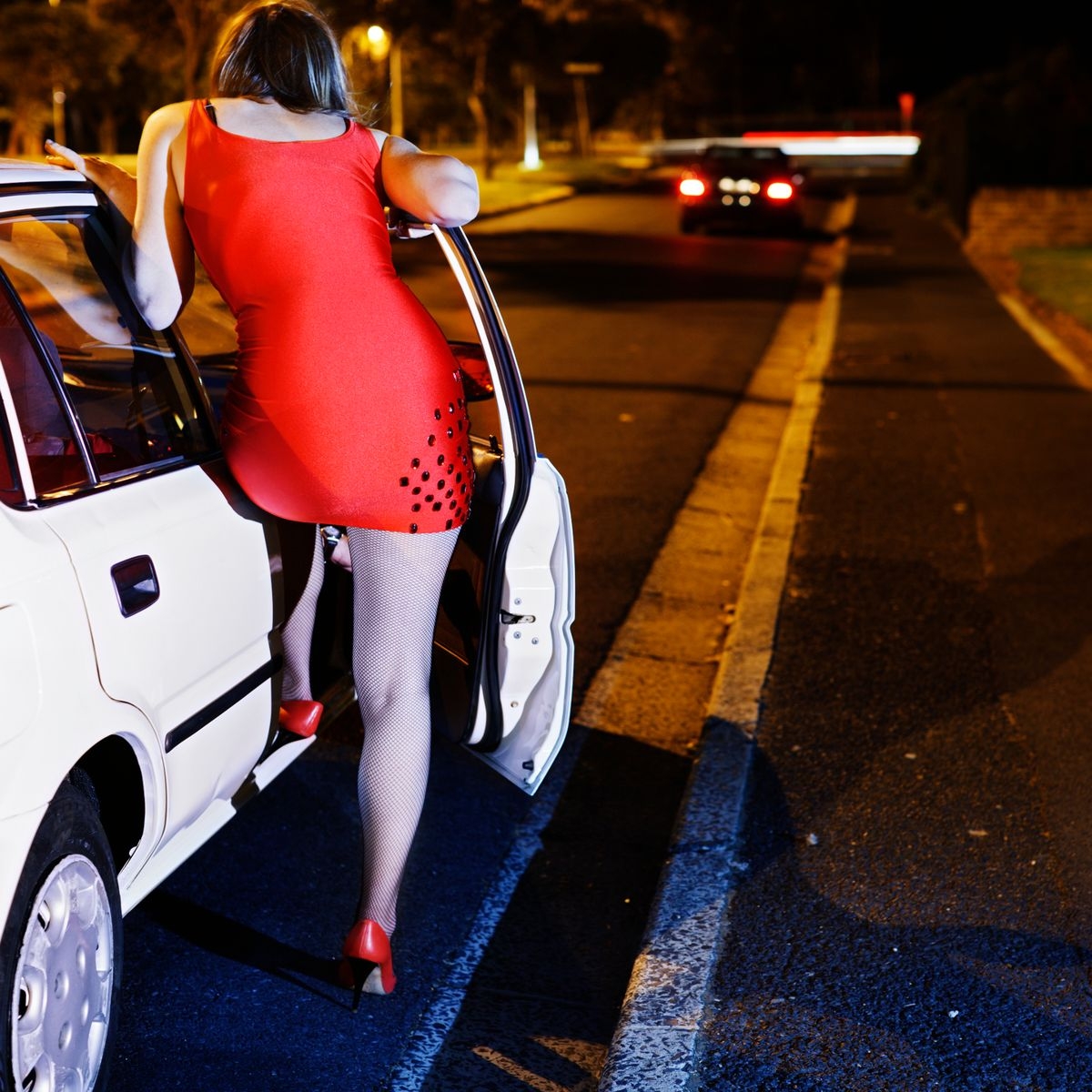 |
| Photo: The Mirror |
Campaigners have called for sex work to be decriminalised as a new study finds more people in Britain support sex work law reform than oppose it.
It is not illegal for individuals to buy or sell sex from each other in the UK but soliciting and sex workers banding together as a group are illegal.
A study by human rights charity RightsInfo found 49 per cent of British people are in favour of decriminalising brothel-keeping – an offence punishable by up to seven years in prison.
The poll of 2,000 people, which is the first survey to be conducted on sex-work decriminalisation in four years, found 44 per cent think sex workers should not face prosecution for street solicitation – which amounts to offering their services in public.
They can presently be fined up to £500 for a first-time offence. The study is the first to gauge the public’s attitudes towards brothels separately from street prostitution.
Niki Adams, a spokesperson for the English Collective of Prostitutes (ECP), a leading campaign group that supports the decriminalisation of prostitution, said: “This poll confirms our experience that the public supports decriminalisation.
The ECP has long campaigned for decriminalisation – warning sex workers often have to choose between keeping safe and possible arrest, or avoiding a criminal record and putting themselves in danger.
Around a fifth of those surveyed in the research were found to be opposed to relaxing police enforcement on brothels and 27 per cent are against ending penalties for street solicitation. The poll found around a fifth of people neither oppose nor support decriminalisation of either street solicitation or working in a brothel – two elements of the sex trade which are illegal.
Reform of prostitution lawsThere is a debate about the possible reform of prostitution laws in the UK. It centres around the question of whether new legislation is necessary or desirable, and if so which of the three main options for change the UK should follow. Proponents of regulation argue for a system modelled on those used to regulate prostitution in Germany and prostitution in the Netherlands. Proponents of decriminalisation argue for an unregulated system similar to that covering prostitution in New Zealand and parts of Australia. Proponents of sex buyer laws argue for a system in which it is illegal to pay for sex, as is the case with prostitution in Sweden, prostitution in Norway and prostitution in Iceland. This last option is sometimes described as the Nordic model of prostitution. |
Are brothels legal in the UK?
Prostitution itself is legal in England and Wales.
However, soliciting in public, kerb-crawling, pimping, and owning or managing a brothel are all crimes.
Some MPs want to see brothels decriminalised because they think the current law could discourage hookers from working together in groups - which is generally safer for them.
It is not a crime to sell sex in a brothel, unless the worker is involved in the management of the business.
Inspector Dave Meredith, of Newquay police, said: “We do understand that a lot of the women are vulnerable, and instead of arresting them we try to signpost them to agencies that can help them.”
 Where Is Prostitution Legal In The US? Where Is Prostitution Legal In The US? Prostitution is illegal in the United States with the exception of 10 Nevada counties. Prostitution is the legal issues that creates an intense debate in ... |
 Where Is Prostitution Legal In The World? Where Is Prostitution Legal In The World? Prostitution exists and will continue to exist despite bans and their legal status, due to reasons like poverty or unforeseen situations. |
 'Sugar Daddy' Dating Platform: Luxury Prostitution, Sugarbook’s founder, How Sugarbabies are Found? 'Sugar Daddy' Dating Platform: Luxury Prostitution, Sugarbook’s founder, How Sugarbabies are Found? The terms “sugar dady” and “sugar baby” are no more unusual to people and there is even an online dating platform called Sugarbook that commits ... |


